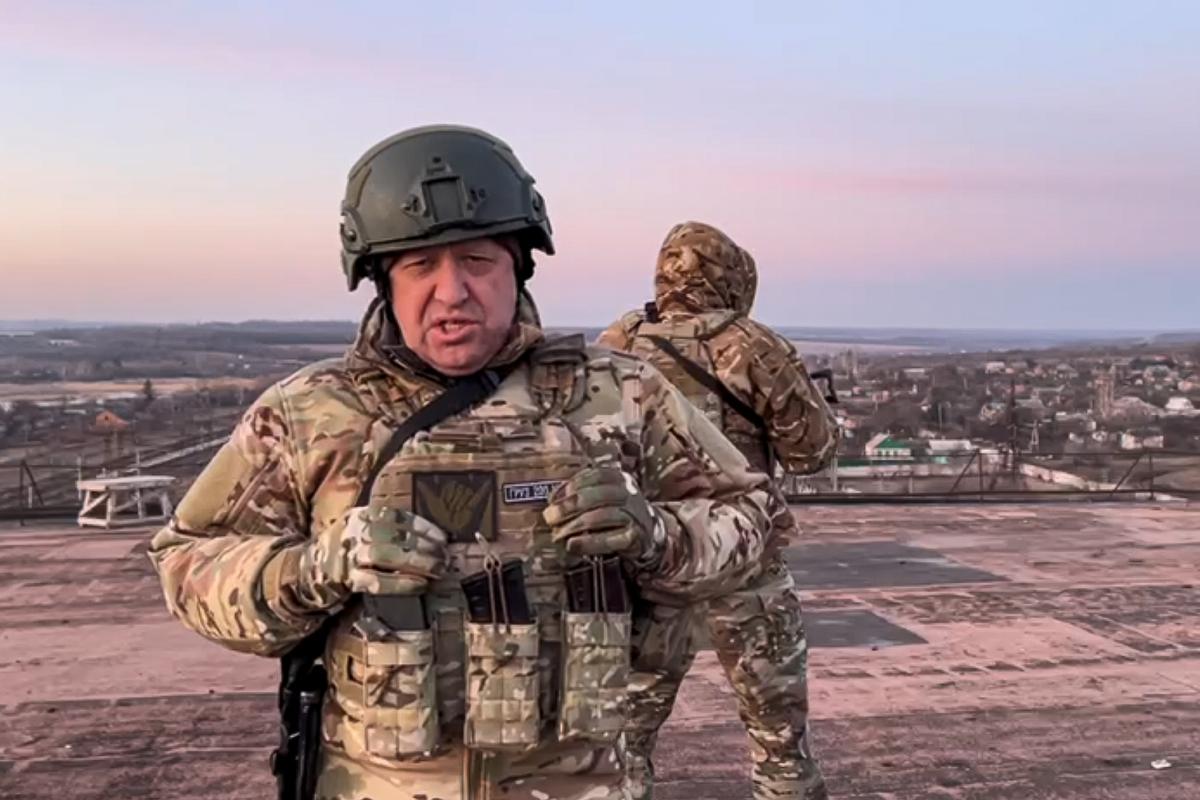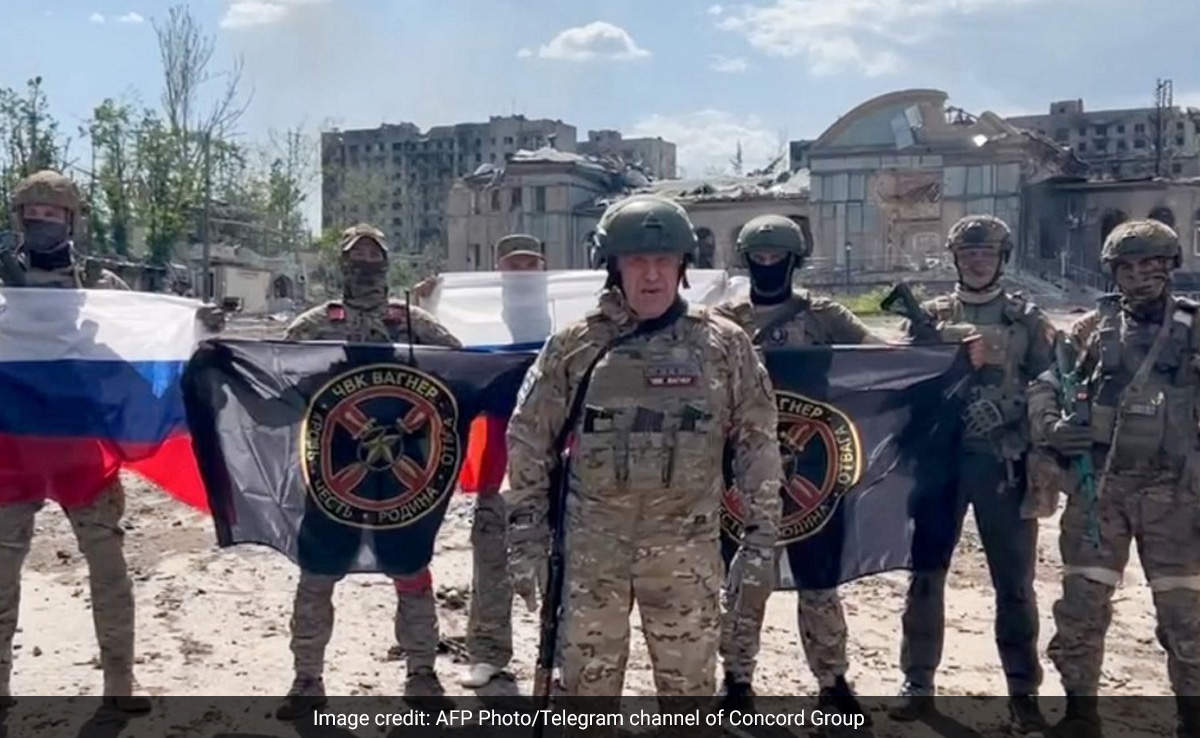
The world is no stranger to political power struggles, but when a private military contractor openly challenges the authority of the Kremlin, it sends shockwaves through the corridors of power. Yevgeny Prigozhin, the owner of the Wagner mercenary group, has taken an audacious step by calling for an armed rebellion to remove Russia’s defense minister from office. The response from the Russian security services was swift, with calls for Prigozhin’s arrest. This development has not only raised tensions in Moscow but also intensified security measures in Rostov-on-Don, home to the Russian military headquarters for the southern region and overseeing the conflict in Ukraine.
Table of Contents
- Introduction
- The Wagner Mercenary Group
- Yevgeny Prigozhin’s Challenge to the Kremlin
- The Kremlin’s Response
- Heightened Security in Moscow and Rostov-on-Don
- Implications for the Russian Military
- Conclusion
- FAQs
Introduction
In recent years, the Wagner mercenary group has gained notoriety for its involvement in conflicts around the world. Led by Yevgeny Prigozhin, a Russian businessman with close ties to the Kremlin, the group has often been deployed to advance Russian interests in regions such as Ukraine, Syria, and Libya. However, Prigozhin’s recent call for an armed rebellion aimed at removing Russia’s defense minister has taken the group’s actions to a new level.
The Wagner Mercenary Group
The Wagner mercenary group, often referred to as a private military company (PMC), has gained prominence as an extension of Russia’s military capabilities. Established in 2014, the group has operated in various conflict zones, offering military support and conducting covert operations on behalf of the Russian government. Wagner’s fighters are often recruited from former military personnel and deployed to advance Russian interests abroad.
Yevgeny Prigozhin’s Challenge to the Kremlin
Yevgeny Prigozhin, the owner of the Wagner mercenary group, has openly called for an armed rebellion with the aim of ousting Russia’s defense minister. This bold move represents a direct challenge to the authority of the Kremlin and has raised eyebrows within Russia’s political and military circles. Prigozhin’s motivations for this action are not entirely clear, but it is believed to be rooted in a power struggle within Russia’s military and security apparatus.
The Kremlin’s Response
The Kremlin swiftly responded to Prigozhin’s call for rebellion by ordering the security services to arrest him. This indicates the seriousness with which the Russian government is taking the situation. The arrest order not only demonstrates the Kremlin’s resolve to maintain control over the military but also sends a message to other potential challengers that such actions will not be tolerated.
)
Heightened Security in Moscow and Rostov-on-Don
In the wake of Prigozhin’s challenge, security measures have been significantly increased in both Moscow and Rostov-on-Don. Rostov-on-Don is particularly significant as it houses the Russian military headquarters for the southern region and oversees the operations in Ukraine. The heightened security aims to prevent any potential threats to the military’s command structure and to maintain stability within the country.









